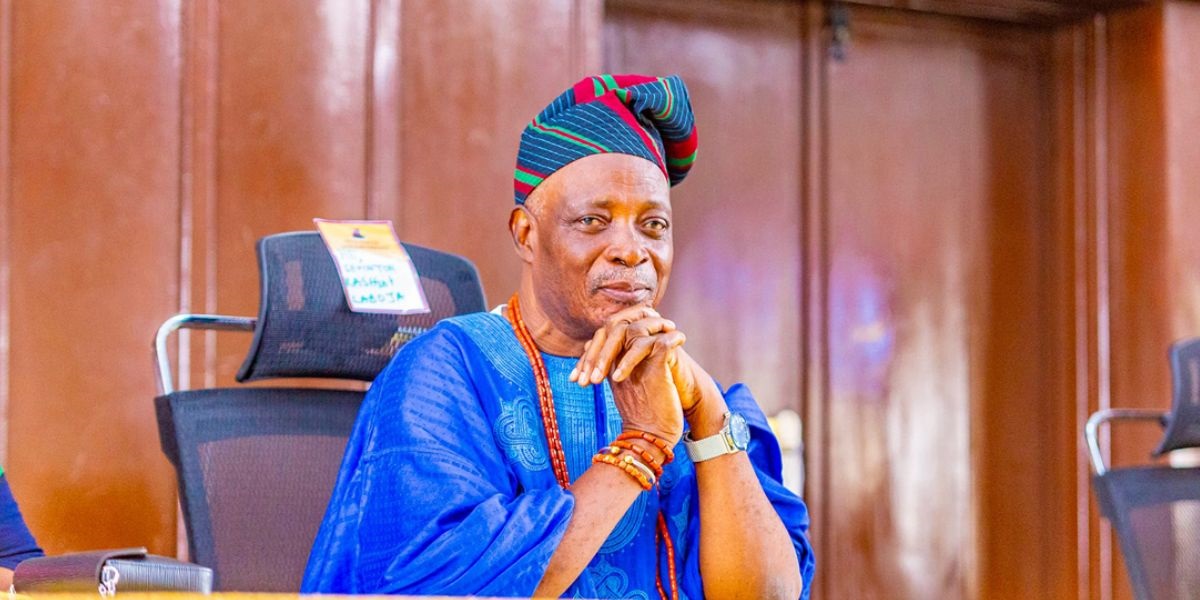The Federal Government has inaugurated the Federal Technical Committee (FTC) for the Nigeria for Women Programme Scale-Up (NFWP–SU), marking a significant step toward expanding women’s economic empowerment initiatives nationwide.
Speaking at the inauguration ceremony in Abuja on Tuesday, Permanent Secretary of the Federal Ministry of Women Affairs and Social Development, Dr. Maryam Keshinro, said the committee’s establishment reaffirms the government’s commitment to strengthening women-focused interventions and accelerating inclusive national development.
Dr. Keshinro described the NFWP–SU as a transformative expansion of the pioneering Nigeria for Women Project, which was implemented from 2018 to 2024 in six pilot states – Abia, Akwa Ibom, Kebbi, Niger, Ogun, and Taraba.
The original project, she noted, recorded remarkable achievements, reaching over 460,000 women, forming 22,000 Women Affinity Groups (WAGs), and mobilising more than N4.4 billion in collective savings.
Approved in June 2024, the scale-up phase aims to extend the programme to all states and deepen its impact by integrating financial inclusion, livelihood support, and social protection into a unified national framework.
“This model strengthens Women Affinity Groups into sustainable economic institutions linked directly to formal markets and financial services,” she said.
Expressing concern over persistent gender gaps in economic participation, the Permanent Secretary emphasised that NFWP-SU aligns with the National Women Economic Empowerment (WEE) Policy, which provides a roadmap for reducing inequality in access to resources and economic power.
“Seventy per cent of Nigerian women are extremely poor and have only about 10 per cent access to their own land. Although 70–80 per cent of agricultural labour is carried out by women, only 20 per cent of board representation is female,” she said.
“Women in Nigeria earn 45–50 per cent less than men in similar roles, and only 34 per cent of women have digital access compared to 88 per cent of men.”
She added that the programme also aligns with the World Bank Group’s Global Crises Response Framework, as it seeks to strengthen food security by supporting agricultural production and climate resilience among women.
Keshinro urged the committee members—drawn from key technical departments across the Ministries of Budget and Economic Planning, Education, Water Resources, Health and Social Welfare, Communications and Digital Economy, and Trade and Investments—to provide strategic guidance, ensure inter-ministerial coordination, and deliver timely technical support to enhance programme implementation.
She charged them to rigorously track progress, uphold accountability, and ensure alignment with national policies and global best practices, stressing that their expertise is vital to achieving the programme’s ambitious targets.
Presenting a progress report, the National Project Coordinator, Dr. Hadiza Maina, disclosed ongoing engagements with state governments, development partners, financial institutions, and community leaders to foster ownership and sustainability.
She said the scale-up phase will introduce enhanced digital tools for monitoring, real-time reporting, and improved delivery of financial and livelihood support.
“Our goal is to ensure that every participating woman not only benefits economically but becomes part of a resilient network capable of withstanding shocks, supporting household welfare, and contributing meaningfully to the local and national economy,” she said.
Dr. Maina added that the programme is prioritising capacity-building in climate-smart agriculture, small-scale enterprise development, and digital financial literacy—areas she described as critical amid rising climate impacts, inflation, and economic vulnerabilities.
In her remarks, the Co-Task Team Lead for the World Bank, Dr. Yetunde Fatogun, commended the Federal Government for scaling up a project that has demonstrated measurable impact in improving women’s productivity, income, and resilience.
She said the World Bank remains committed to supporting Nigeria in strengthening community-level systems that empower women economically and socially.
Fatogun noted that the scale-up comes at a crucial time when global economic uncertainties and climate-related shocks disproportionately affect women, stressing the importance of continuous collaboration among federal and state institutions, development partners, and civil society to ensure that the most vulnerable groups are reached.






